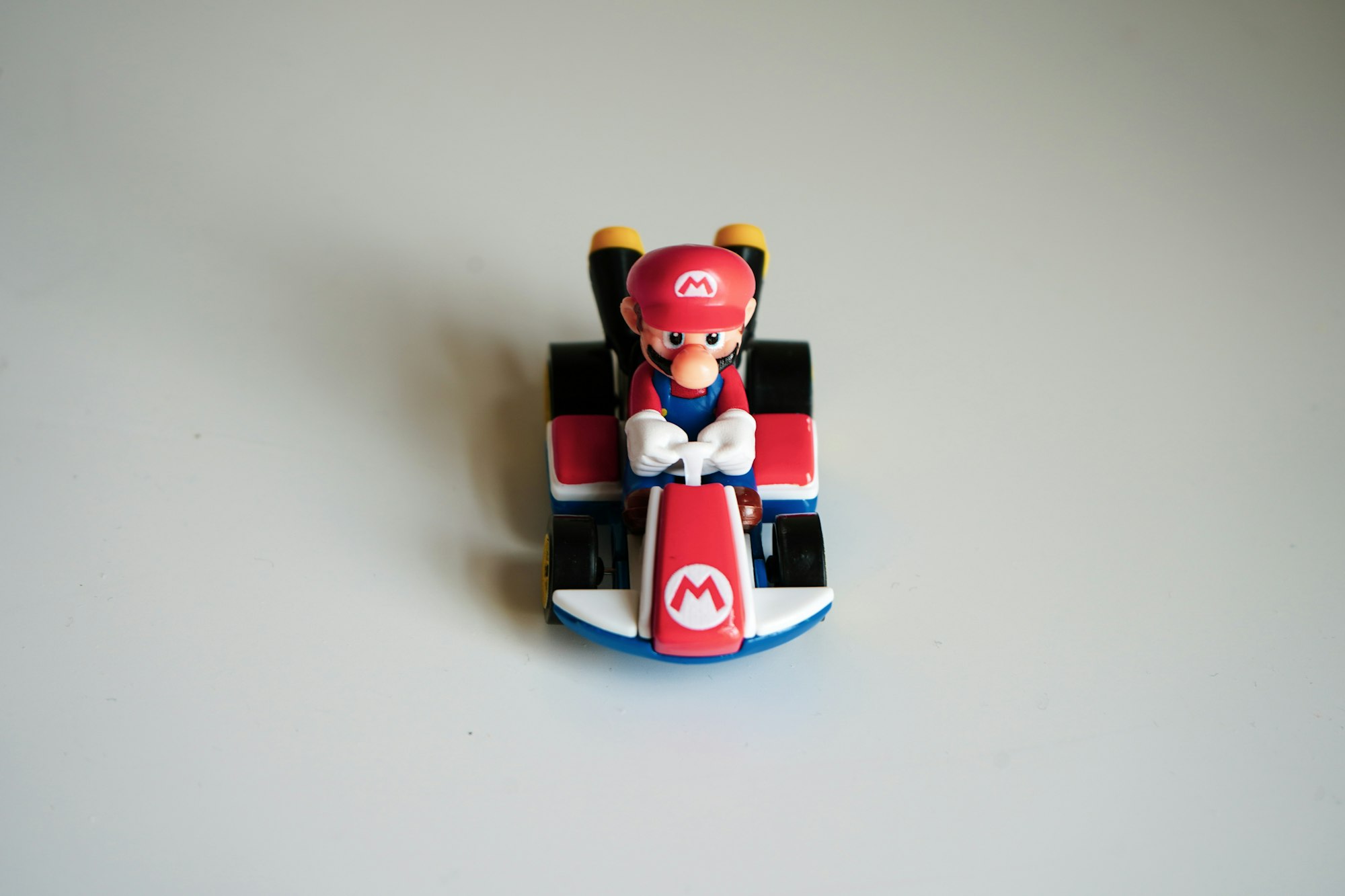Spotlight Pipes, Dark Patterns, and the Evolution of the Lootbox
Nintendo is the latest target of a loot box-related lawsuit

The gaming industry has faced significant scrutiny over the use of loot boxes, with Nintendo becoming the latest target of a lawsuit related to its mobile game, Mario Kart Tour. The suit claims that the game's loot boxes, known as Spotlight Pipes, exploit addictive behaviors and are akin to gambling.
Spotlight Pipes, undisclosed odds, and real-money transactions have fueled the debate surrounding loot boxes. The lawsuit alleges that Nintendo intentionally guided players towards these mechanics, utilizing "dark patterns" to drive engagement and progression in the game. Such practices have been banned in certain regions, prompting discussions on ethical game design. Washington and California, for instance, have implemented regulations to combat these manipulative techniques.
Nintendo's case is not an isolated incident, as other gaming companies have also faced legal scrutiny. Epic Games, for example, was fined by the FTC for using similar tactics in Fortnite. The repercussions of such lawsuits have pushed the industry to reevaluate its approach to monetization, leading to the rise of alternative models like battle passes.
In response to the loot box controversy, many game developers have embraced battle passes as an alternative monetization strategy. Overwatch 2 serves as an example of this trend, moving away from loot boxes and emphasizing battle passes that offer transparent rewards. This shift reflects a growing awareness of player concerns and the need for more consumer-friendly practices.
The lawsuit against Nintendo over loot boxes in Mario Kart Tour highlights the need for ethical considerations in game design and monetization. As the industry evolves, it must prioritize player well-being, transparency, and fair practices to build trust and foster a sustainable gaming ecosystem.
It is worth noting that Nintendo has since replaced the Spotlight Pipes with an in-game shop where players can directly purchase items. This change reflects the industry's response to the growing concerns surrounding loot boxes and the need for more transparent monetization models.
The legal battles surrounding loot boxes have triggered a wider discussion about the impact of microtransactions and their effects on player experience. Game companies are under pressure to find a balance between generating revenue and maintaining player trust. This ongoing conversation will likely shape the future of monetization strategies in the gaming industry.